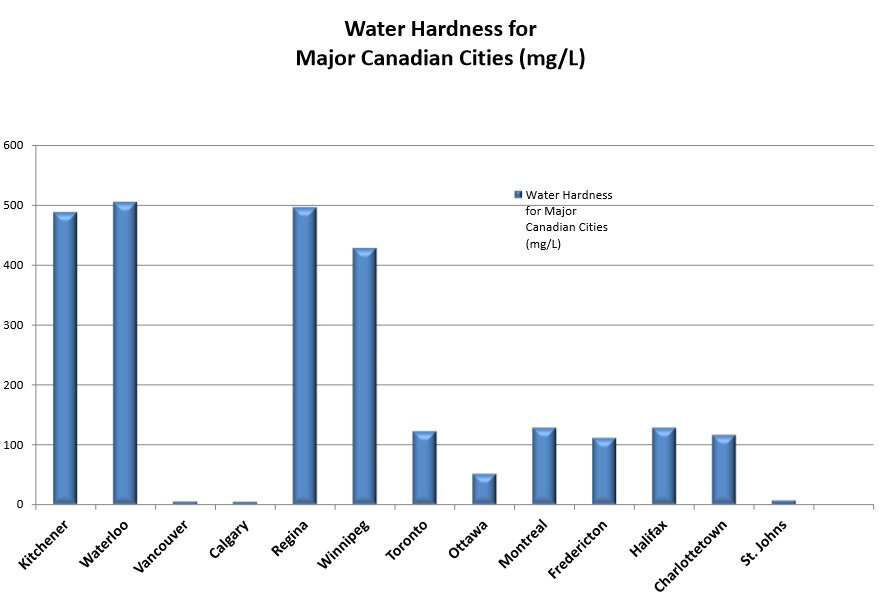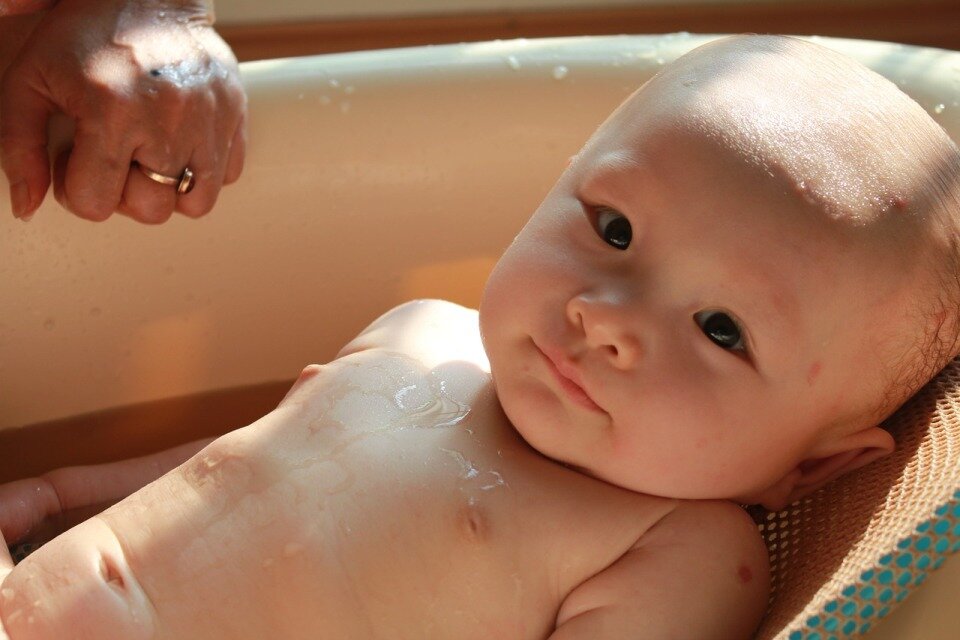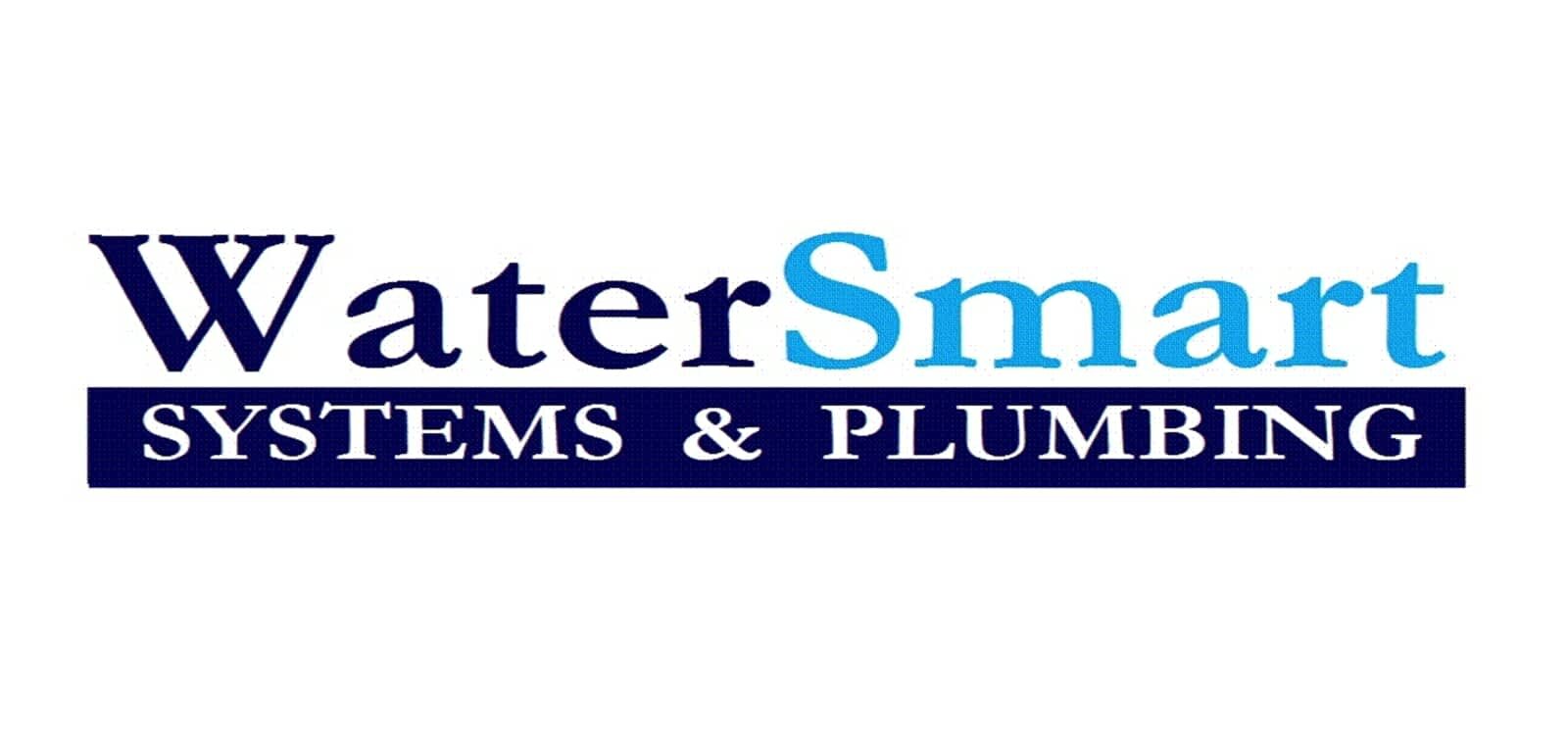Today we are going to take a look at hard vs soft water and how the type of water you have in your home affects your family.
At WaterSmart, we have over 25 years of experience in the water softener industry and we'd love to share our expertise with you.
We will give you detailed information about the problems of hard vs soft water as well as address your concerns about water softening. So, let's get started.
Hard vs soft water - Learn how they affect every member of your family
Hard vs Soft Water: What's the Difference?
If your water is hard, that means that it contains large amounts of dissolved minerals such as calcium and magnesium.
80% of Kitchener-Waterloo water is groundwater. The groundwater in the KW region is hard, meaning that it has naturally occurring dissolved calcium and magnesium.
Water hardness is measured in milligrams per litre, which can also be called parts per million or ppm. Another common way to refer to water hardness is in grains per U.S. gallon (gpg). You can learn more about water hardness by clicking here.
The following chart will give you the different water classifications from soft to very hard.
| Water Classification | Level of Dissolved Minerals |
|---|---|
| Soft | Less than 17 mg/litre |
| Slightly Hard | 17.1 - 60 mg/litre |
| Moderately Hard | 61 - 120 mg/litre |
| Hard | 121 - 180 mg/litre |
| Very Hard | Over 180 mg/litre |
If your water is hard you may want to invest in a water softener
The Kitchener-Waterloo region has some of the hardest water in all of Canada. The city of Kitchener ranges between 17 and 36 grains per gallon (gpg) or 291 and 615 parts per million (ppm).
The water hardness average across Canada is only 10.5 gpg. That means that Kitchener's water is about 2 to 3 times harder than the Canadian average!
The following chart will give you a comparison of the water hardness levels between various cities across Canada.
Source: www.cwqa.com/
Kitchener and Waterloo have very hard water compared to other major Canadian cities
Hard vs Soft Water: How It Affects Your Budget:
Over time the minerals from your hard water will begin to build up on your water using appliances and plumbing especially those that use hot water or heat your water such as your:
Dishwasher
Hot Water Heater
Hot Water Pipes and Fixtures
Electric Kettle and Coffee Maker
Shower Head
This is because the minerals in your water tend to build up faster when your water is heated. This build up of minerals can eventually damage your appliances and plumbing and they will need to be replaced sooner than if you used soft water.
Using a water softener to soften you water will help to protect your appliances and plumbing and help them to last longer.
Mineral build-up from hard water can damage your kettle and other water appliances
Hard vs Soft Water: How It Affects Your Baby
According to a recent study led by King's College in London, researchers are finding that high levels of water hardness in your home could be linked to the development of eczema early in life.
Hard water and chlorine found in water may cause a breakdown of the skin's natural barrier thus leading to eczema in infants. This breakdown allows allergens to penetrate your baby's skin and make it more prone to allergic response.
The study found that babies living in a hard water area were up to 87% more likely to have eczema at 3 months of age. Having soft water in your home could help prevent your baby from developing eczema.
Hard vs soft water: hard water could contribute to infant eczema
Hard vs Soft Water: How It Affects Your Family's Skin and Hair
The minerals in hard water can make your skin and hair dry. You may also notice that your scalp feels itchy.
These minerals can also alter the PH balance of your skin which can weaken its protective barrier and make you more susceptible to bacteria and infections.
Soft water on the other hand rinses clean. You'll find that you require less soap and shampoo when bathing as soft water lathers and rinses off better than hard water. If you have dry skin or eczema, soft water may be a better choice for you.
Soft water lathers up better and rinses away clean
Hard vs Soft Water: How It Affects Your Clothing
When you wash your clothes in hard water, they may get mineral stains on them. Hard water also makes the fibers in your clothing more brittle so they tend to wear out faster. Soft water, however, is gentler on your clothing and it also requires less detergent to get your clothes clean.
Hard vs Soft Water: How It Affects Your Dishes
If you have hard water, you will probably notice spots on your glasses and silverware when you take them out of the dishwasher. These spots are caused from the calcium carbonate found in hard water.
Soft water doesn't contain or has very little calcium carbonate, so your dishes come out of the dishwasher sparkling clean.
Hard vs soft water: soft water will help your dishes come out sparkling clean
Hard vs Soft Water: How It Affects the Environment
Softening your hard water can have a negative effect on the environment. During your water softening process, a cycle called backwashing occurs.
When your water softener is backwashing it sends water into the resin tank at a fast speed to flush out the iron minerals from your tank. Then, that water is drained away. This backwashing cycle uses a relatively large amount of water that could have been used for drinking water.
In the Waterloo Region, about 7% (1.5 billion litres) of the water used by each household is used for water softener backwashing.
In addition, it is estimated that each year about 21,000 tonnes of salt is discharged in the Waterloo Region and ends up in our local rivers, which can negatively affect the aquatic life that live there.
Softening just your hot water will save water and protect the environment
How Can You Have Soft Water and Be Environmentally Responsible?
There are ways you can cut down on the amount of clean water used for this backwashing cycle and cut down on the amount of salt that ends up in our local lakes and rivers.
You can do this by converting your water softener plumbing so that it only softens the hot water that you are using.
The Region of Waterloo Planning and Works Committee has recently decided to implement a water softener rebate program for this area.
As part of this program, you can receive a $50 water softener rebate to go towards the cost of converting your plumbing so that your water softener will only soften your hard water.
You can learn more about this rebate program in our article "Waterloo Water Softener Rebate: Here's What You Need to Know."
How Does a Water Softener Work?
Step 1: Hard water (containing positive calcium and magnesium ions) enters into the resin tank of your water softener.
Step 2: The negatively charged resin beads attract the positively charged calcium and magnesium ions like a magnet.
Step 3: The positive ions attach to the resin beads as the negative sodium ions on the beads are released into the water making it soft.
Step 4: After a while, the resin beads will fill up with hardness ions and won't be able to attract anymore. Your water softener will pump salt brine into the tank to regenerate the beads.
Negatively charged resin beads attract the positively charged calcium and magnesium ions in hard water
Hard vs Soft Water: Are They Safe for My Family to Drink?
Both hard and soft water are safe to drink. However, if you have a history of high blood pressure then your doctor may advise you not to drink softened water that has more sodium in it. A solution to this is to only soften your hot water and then just drink cold water.
Want Your Family to Enjoy the Benefits of Soft Water? Contact WaterSmart
A water softener can help you solve your hard water problem. The professionals at WaterSmart can help you choose the most effective water softener for the level of hardness in your particular area.
We have been servicing the KW region for more than 25 years, so we understand the special requirements and settings necessary to ensure that your new water softener will function with maximum efficiency.
If you are wondering whether or not your softener is working well, then you can bring us a sample of water and we’ll test it for free!
Our customers have come to recognize us as a company who provides superior customer service combined with the highest quality products at the best prices. Contact the water softener specialists at WaterSmart today.
"What a great experience!! I did a search on the internet, called regarding the price of a water softener and the next day it was installed and we had soft water again. Paul removed the old softener, installed and setup the new one and was out in just over an hour. He also noted that the grounding of water pipe was not done by previous installer and he corrected that as well. Cost was the same as softener that was installed 14 years ago - I am impressed."
- Larry Roes
Read more reviews










